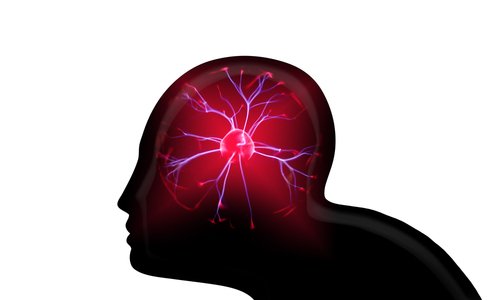Maryland Students Win National Prize with Tool to Detect Alzheimer’s Before Symptoms Arise
Written by |

University of Maryland students have developed a device to diagnose Alzheimer’s before its symptoms are evident.
It uses sounds to detect changes in the brainwaves of people with the disease.
The achievement earned the seven team members — all sophomores at the A. James Clark School of Engineering — the top prize at the 2017 National Institutes of Health Design by Biomedical Undergraduate Teams (DEBUT) challenge. The team won $20,000 for the portable, low-cost electroencephalogram (EEG) device.
“This represents a monumental achievement, not simply for the engineering community, but for the wider world of human health research,” Darryll J. Pines, dean of the engineering school, said in a press release. “Through collaborations with faculty and researchers across a range of disciplines, they have transformed ideas into innovation that could one day change how Alzheimer’s and other diseases are diagnosed.”
The students, who call themselves the Synapto team, designed a special headset to create the device, which triggers sounds that can detect brainwave changes.
The waves are compared with those of healthy subjects “to create a machine-learning model that can then accurately predict the probability of the patient having the disease,” said Dhruv Patel, a bioengineering student who is Synapto’s captain.
Team members are considering creating a company to further develop the device.
“The end result is a noninvasive and relatively inexpensive tool with the potential to detect Alzheimer’s disease with a high level of accuracy,” the National Institutes of Health said on its DEBUT winners webpage. “The device could make dementia diagnosis more quantitative, systematic, and less costly — allowing doctors to use it at regular check-ups.”
Currently, PET scans, MRIs, and spinal taps are the most common ways to diagnose Alzheimer’s. But because they can be costly or invasive, many patients are not diagnosed until symptoms are evident.
“It can take up to two years after clinical symptoms arise for patients to receive a proper diagnosis, and by then, he or she may have already seen significant progression of the disease,” Patel said. “Diagnosing the disease early on allows patients to open up treatment options, manage the disease properly, and slow its progression.”
Other winning teams were from Arizona State University, Johns Hopkins University, and George Mason University in Virginia. In total, the DEBUT challenge awarded $65,000 in prizes.
The competition was funded by a public-private partnership between the National Institute of Biomedical Imaging and Bioengineering — a branch of the National Institutes of Health — and VentureWell, a non-profit higher-education network that promotes promising inventions and socially beneficial businesses.
A formal presentation of the awards will be made in Phoenix in October.





